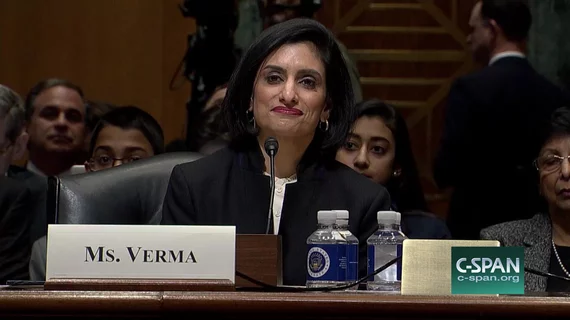CMS announces reimbursement plan for patient monitoring by home health agencies
CMS announced a new proposal for home health agencies to receive reimbursement for remote patient monitoring—a first for Medicare/Medicaid patients. In a July 2 release, the agency outlined larger plans to update home health prospective payment rates.
“Today’s proposals would give doctors more time to spend with their patients, allow home health agencies to leverage innovation and drive better results for patients,” said CMS Administrator Seema Verma, MPH, in a prepared statement. “The redesign of the home health payment system encourages value over volume and removes incentives to provide unnecessary care.”
CMS’s proposal is seen as a move to a more value-based payment system, allowing home health agencies to bill for monitoring services. This may reduce the administrative burden on physicians—allowing patients to harness telehealth to gather and provide data.
CMS noted cost savings could be as much as $60 million for home health agencies.
“Physicians who order home health services for their patients would also see administrative burden reduced, as we are eliminating the requirement that certifying physicians estimate how much longer skilled services are needed when they recertify the patient’s need for continuing home healthcare,” she said. “This information is already gathered on a patient’s plan of care, so the existing requirement is redundant.”

